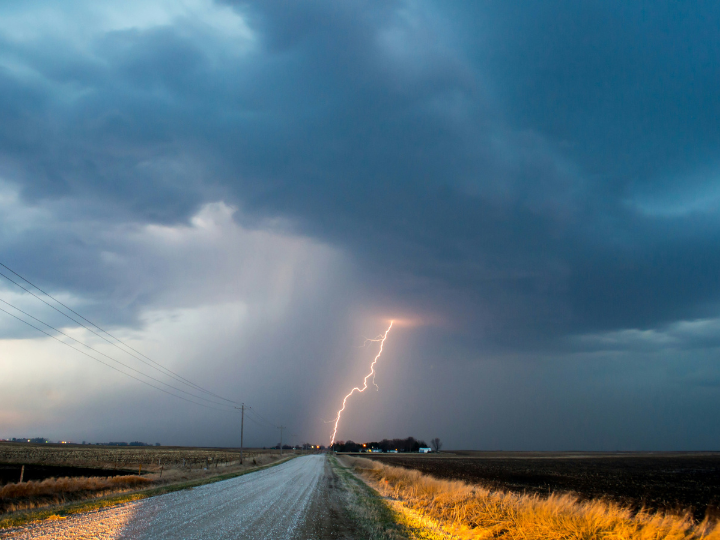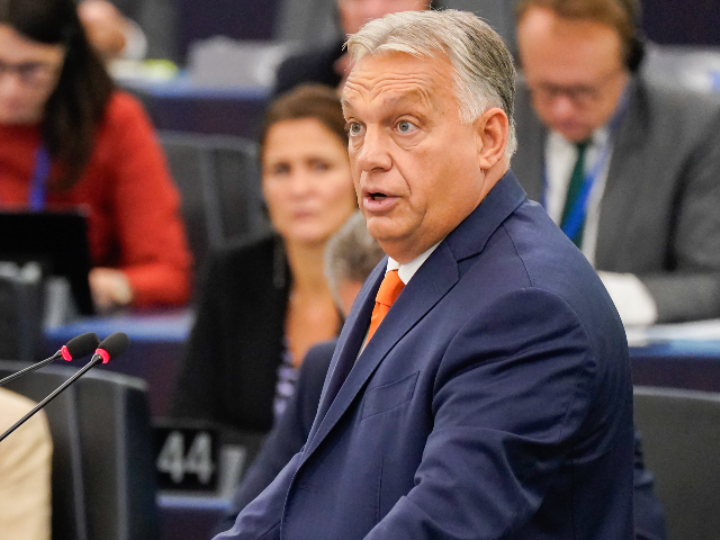by William Todts*
The European Green Deal is alive and kicking. With the US abandoning the Paris Agreement, the centre-right led EU Commission’s proposal of a 90% emissions reduction target by 2040 is a very big deal. The question now is how to get this ambitious proposal adopted, and how to design it so that it leads to progress, not just in Europe but internationally.
It’s clear the Commission’s 2040 vision cannot be realised through climate policy alone. To succeed, the EU’s 2040 strategy must encompass energy security, defence, economic security, investment and industrial strategy.
This is partially about outcomes. For example, a strong 2040 target could save between €70 and €90 billion a year flowing out of Europe to buy oil – from the Middle East, Trump and other petro-dictators.
As important is ‘how’ we get there. China combined energy security and industrial strategy with smart regulations and subsidies to become the cleantech manufacturing powerhouse it is today. Europe needs to learn from this.
A successful 2040 strategy would see Europe achieving energy independence, with the EU’s domestic battery industry supporting not just cars and storage but also military drones and unmanned underwater vessels. Meanwhile, EU producers would vie with Chinese companies for electric vehicle, wind and heat pump market share in emerging economies, having left Japanese and US laggards behind long ago.
To be successful, the 2040 strategy cannot just be the strategy of the left. It requires a grand coalition that combines the best of both aisles: a belief in a state that supports and sets direction, and also a belief in entrepreneurship and free markets so that successful solutions can be scaled quickly – even when that is disruptive.
That being said, Europe cannot decarbonise the world on its own. Today, it accounts for 6% to 7% of global emissions; by 2030, that will be a lot less. The more successful we are, the more we lose our ability to influence the global emissions trajectory simply by reducing Europe’s own emissions.
So how do we create global leverage?
The world is watching whether Europe’s energy strategy actually works. Europe is building one of the great electrostates of the 21st century, but the benefits are not yet clear to see.
First, it must continue building renewables and make full use of the revolutionary potential of electric vehicles and battery storage. If we want to go fast, we must make it much easier to build clean projects like wind or power lines, or indeed industrial facilities like battery factories or processing plants. In fact, the 2040 plan should be an electrification action plan as much as a climate strategy.
Second, one of the key lessons from my recent trips to Asia is that countries look to Europe for inspiration on how to regulate. Few countries have the ability to develop the innovative, complex policies required to decarbonise our societies. Historically, the EU, California, China and the US led the way. It now falls to Europe to develop policies that work, so that other nations can copy and adapt them.
Third, it is logical that the EU starts to think about how it can encourage greater international ambition through its own policies. This debate is polluted by the catastrophic inclusion of worthless offset projects in Europe’s Emissions Trading Scheme 15 years ago. But it’s not a debate we can afford to avoid.
The Commission suggests international credits focused on bioenergy with carbon capture and storage and direct air capture and storage. This is complicated, expensive and niche. Instead, we could integrate this into the EU’s foreign affairs and development policy.
Could the EU strike trade and financing deals with countries to achieve additional emission cuts, partially with European technology and know-how?
Could we count this towards our 2040 efforts without flooding the Emissions Trading Scheme with those credits?
It would not be simple, but it would actually support Europe’s wider goals.
That’s not just nice to have. If we want the 2040 agenda to succeed, we need to get to a place where you no longer have to be an environmentalist to support ambitious climate measures.
*Executive Director of The European Federation for Transport and Environment (T&E). He oversees the organisation’s strategy to achieve emissions-free mobility.
**first published in EURACTIV.com




 By: N. Peter Kramer
By: N. Peter Kramer
